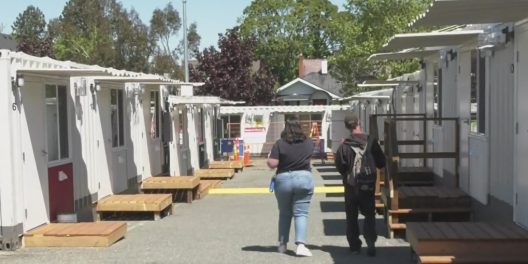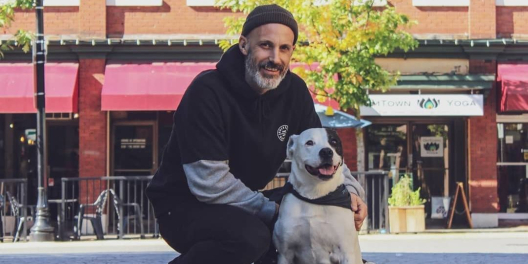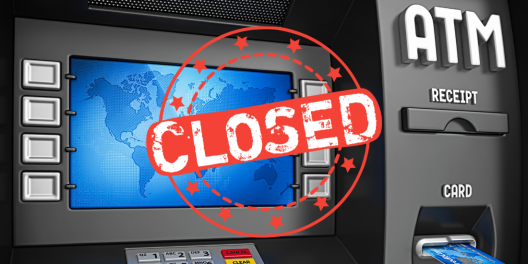Is the province putting bandaids on homelessness?
Courtenay Mayor Bob Wells thinks so.
In late May, BC Housing Authority announced that it would be buying the Super 8 Motel in downtown Courtenay as a place to move people currently living in the Courtenay Travelodge
BC Housing has been leasing the Travelodge since the spring of 2020 to assist the unhoused during the pandemic.
But the lease expires at the end of June.
In a letter posted to the City of Courtenay website, Mayor Wells called it a temporary fix that ignores the city’s input to the housing authority.
“Buying the Super 8 and simply moving residents between motels with no added capacity or additional services really isn’t the long-term solution we’ve been pushing for. Council has been unanimous in its call for purpose-built supportive housing and the wraparound services needed to make it work,” Wells said. “It does nothing to address the serious long- term need that isn’t going away.”
The Super 8 location isn’t currently zoned for supportive housing.
According to Wells, BC Housing has forced Courtenay’s hand. City staff are working on a temporary use permit for the Super 8 to allow for supportive housing.
At the same time, the city is demanding that BC Housing work with them on a plan to develop permanent supportive housing and services in the Comox Valley.
He called the situation in Courtenay urgent for unsheltered people.
Over the past several years, BC Housing has bought numerous hotels and properties in the Lower Mainland and elsewhere as part of its efforts to address homelessness.
But it feels like a band-aid solution to a socio-economic problem that has landed on the desk of more than one BC mayor.
According to some estimates, approximately 235,000 Canadians are homeless. But that number could be much higher because the number of hidden homeless people is unknown.
The reasons for homelessness are complex. Poverty, a lack of affordable housing, physical or emotional abuse, mental health issues, and addiction all contribute. The growing gap between the super-wealthy and working Canadians is well documented. This also contributes to a disturbing trend toward inequity in our society.
The Coalition To End Homelessness recently conducted a Point-in-Time Homeless Count in the Comox Valley, one of more than a dozen BC communities to take part in this survey.
The numbers aren’t in yet, but organizers are expecting a big increase.
“In 2020, the count surveyed 132 people experiencing homelessness in the Comox Valley,” said Coalition to End Homelessness co-ordinator Angela Fletcher. “Now, the number of people experiencing homelessness in the Comox Valley is expected to be between 200 and 300 people. This difference is significant.”
The count doesn’t include people soon to be moving from the Travelodge to the Super 8.
Mayor Bob Wells is right. Warehousing people without housing in motels is a temporary solution at best.
Municipalities alone don’t have the resources to fix homelessness, yet they bare the brunt of the issue.
Business owners get frustrated with tent encampments on their doorsteps. Residents wonder what’s happening to their communities.
In the meantime, the marginalized unhoused continue to slip through the cracks.
“BC Housing’s decision to purchase the Super 8 is a disappointment for Courtenay Council. We have met with BC Housing many times over the last few years to express the dire need for additional supportive housing units and a purpose built shelter,” Mel McCollum, a 2nd term Courtenay councillor, told VanIsle.News.
“This purchase provides no net gain of housing nor a shelter space; it simply moves people from one motel to another. Courtenay is grappling with a homelessness crisis, and this announcement does nothing to address this unacceptable situation.”
Courtenay needs a comprehensive and coordinated solution with the feds and provincial government support. It should include more investments in permanent social housing, addiction services, job retraining, mentoring and counselling.
Yeah, this costs money.
As we’ve written, the richest one percent of Canadians now own one-quarter of the country’s wealth. Imagine the good that could be done with revenue generated by a wealth tax on the super-rich, as many groups call for.
The cost of doing nothing or slapping bandaids on homelessness is far greater.
Without thoughtful investments, the number of unhoused will continue to grow.









